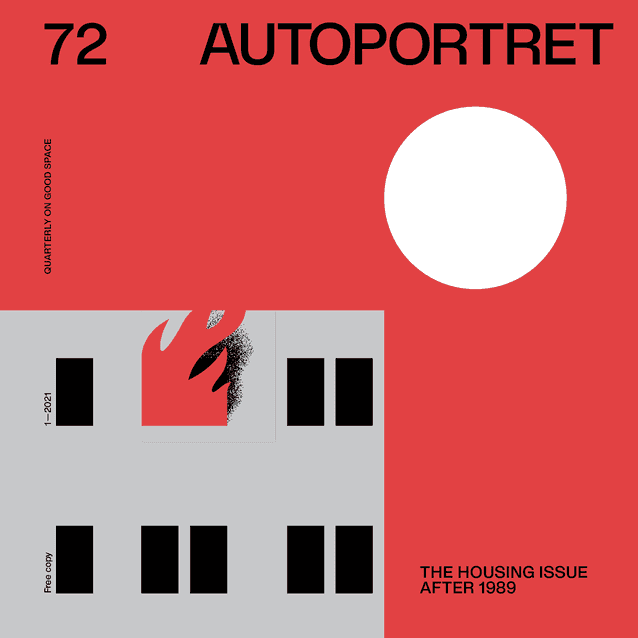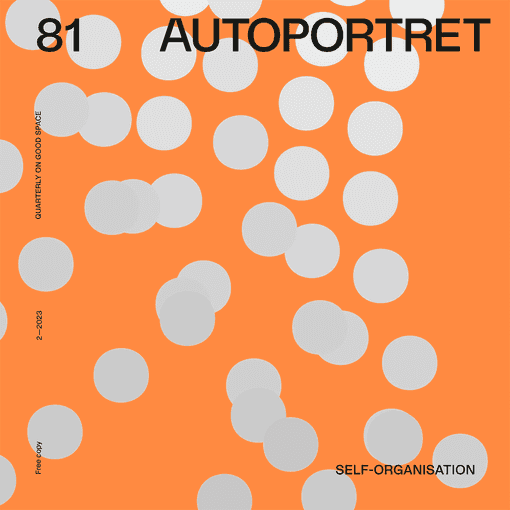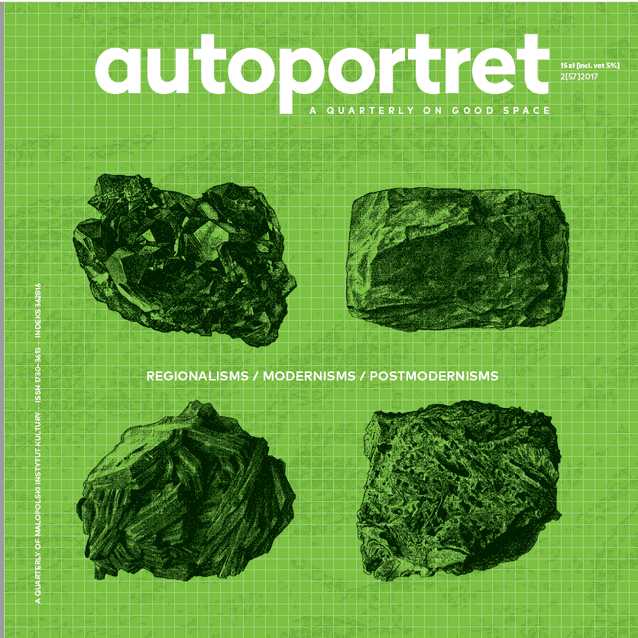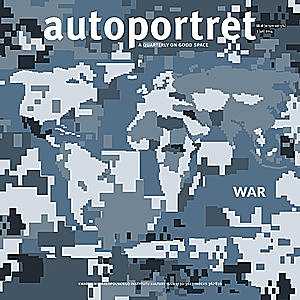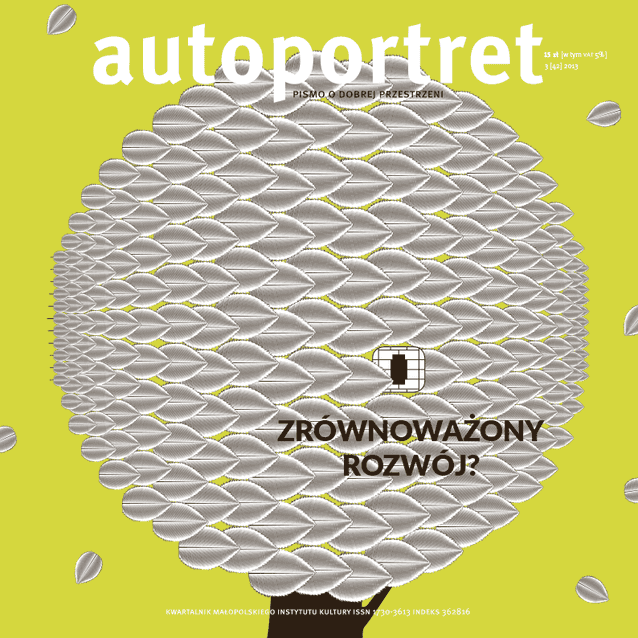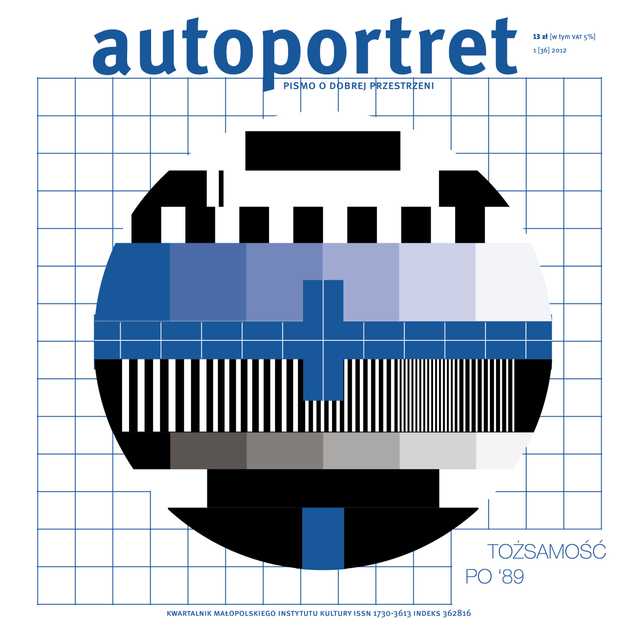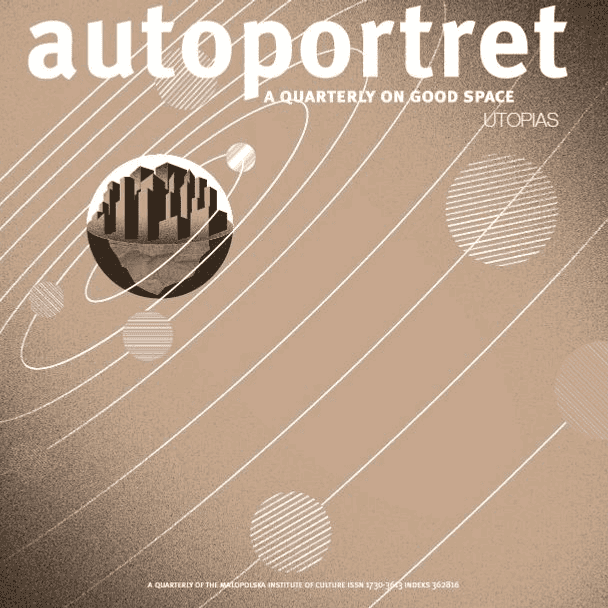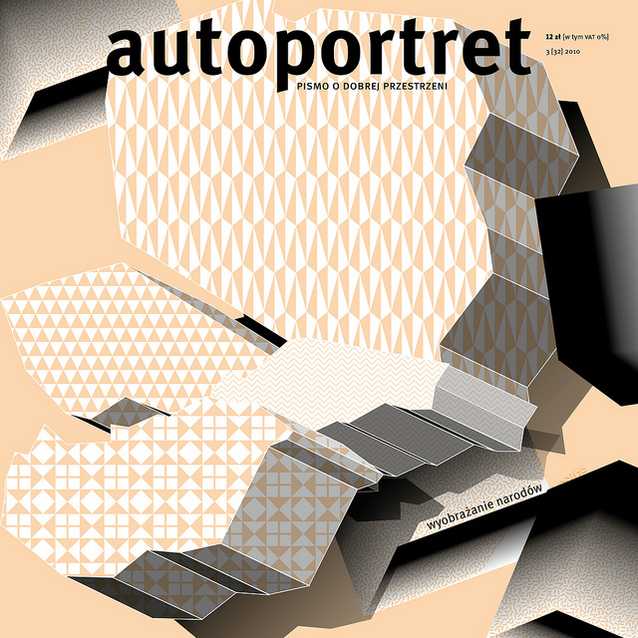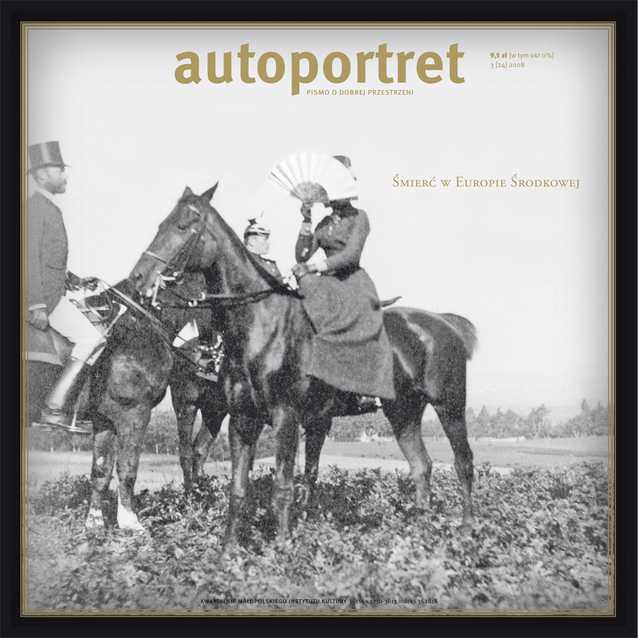“Nazelne hon, law samaht – please drop me off here”. On my way from Beirut, I get off in the centre of Chtaura – if it is correct to say that Chtaura, a triangular junction on the two-lane highway from Beirut to Damascus, even has a centre. A road of similar width leads diagonally towards Zahle and Baalbek. Exchange offices, jewellers, mobile phone shops and bakeries line both sides. Behind me, the rugged mountains of Lebanon rise like a lunar landscape; before me stretches the oddly urbanized terrain of the Beqaa Valley, where – beyond the never-ending concrete, wires, cables, garbage and dust of towns that merge into one another – there is green farmland, rolling far and wide. On the horizon, another mountain range looms, and on the top of the mountains, the border with Syria, only a dozen kilometres away.
I get out and start walking along the Damascus Highway towards the border. “Sham? Sham! Damascus!” Minibus drivers are desperately trying to persuade me to go with them to the Syrian capital, although with a small backpack and a firm step I make it clear that it is not the purpose of my journey. I run across the highway. Two lanes, stop, two more lanes. On the other side, drivers invite me to their minibuses going to Zahlé, to the Roman ruins in Baalbek, or to Beirut. Partly, because it is their livelihood, and partly because it is a game of sorts that they engage me in almost every day. I leave the noise of the intersection behind me. I walk along the highway, only three hundred metres, past plant nurseries, a bank, then I turn left and go around another bank. I run up the stairs to the second floor and finally I am safe, away from the noise of the freeway.
More or less the same route is covered by women from the village near the highway when they are going to the women’s centre. Those who live further down the valley, in informal settlements of tents scattered between the farmland, need to take an expensive taxi or an auto rickshaw on top of that. Their mobility is also restricted by military checkpoints where residence permits can be checked, but only a dozen or so per cent of Syrians in Lebanon enjoy the privilege of holding such permits. The physical experience of crowded buses and the noise of Chtaura, and the sense of relief when we reach the second floor is something that we have in common – something that connects us despite our differences, the complexity of life’s turmoil, and experiences related to gender identity. Tips for a smooth passage through Chtaura and choosing the right minibus are like secret knowledge – a great starting point for conversations.
The women’s centre occupies an entire floor in an inconspicuous apartment building. To the left of the staircase, there is a large training room, a computer room, a psychosocial support room, and administration. On the wall is a banner with a list of demands, prepared during a workshop on the occasion of International Day for the Elimination of Violence against Women and Girls. After entering the centre, I turn right. The reception is managed by Asma; she writes down the names of girls who come to ask about available courses. I pass the large training room, which is being aired out before the start of an English lesson. A three-year-old girl opens the door of the room in the children’s space and calls her mother. I glance at who’s on duty in the library today and I go into the kitchen. Four women finish their last bites of bread with hummus and sip sweet tea before returning to their activities. One will teach an English lesson, another will conduct an individual therapy session, the third will join a meeting with young people about future theatre projects, and the fourth will stay with me in the kitchen to refine the details of the Women’s Leadership Program, which will take place next weekend.
[field notes, November 2018]
As part of my doctoral research, I worked with and talked to several dozen regulars at the women’s centre. They consider this place a safe space, a shelter, an asylum: an escape from the often-overwhelming reality, from violence, economic difficulties, and crowded homes. Women who gather here share common experiences of being a woman, a Syrian, a refugee; they are tempted by the chance to encounter differences of experience, nuanced by individual life trajectories, social class, level of education, professional experience, family situation, religious group, place of origin. Only women are allowed admission to the space of the centre. This restriction allows them to freely express themselves and access services and information from outside the broader patriarchal context of systemic and interpersonal violence.[1] The absence of men is also conducive to negotiating cultural challenges and reassuring family members who in other circumstances might have reservations about the participation of their wives or daughters in activities at the centre. The centre is a pillar of women’s self-organization; it provides a space for learning, exchanging thoughts, caring, knowledge production, healing and recovery. What takes place here is individual transformations and preparations for for strengthening active engagement in the local community.[2]
Women Now for Development, a Syrian feminist organization, runs two such centres in Lebanon. Its founders and members derive their activism from the Syrian revolution. In 2011, they participated in the organization of peaceful protests and local grassroots structures in areas liberated from the Assad regime.[3] For some, it was their first experience of political participation, while others were continuing their activities – undertaken earlier despite the authoritarian context – for women’s rights or political freedom. In the centres, initially set up in Syria and then also in Lebanon, in addition to psychological support or courses in the practical skills (learning English, computer skills) that are necessary to find a job or help children at school, women also take part in awareness-raising courses. These classes can be compared to civic participation workshops supplemented with a women’s rights component. They are keen to deepen their general knowledge during the Women’s Leadership Program, which lasts several months. During this program, the participants discuss in detail the issues of human rights, gender identity, violence, political systems, and ways of communication useful to local activists. Women can participate in all activities at the centre, regardless of their level of education, which has often been interrupted by family decisions, war, or the need to flee.
I have been working with this organization and participants of their activities for five years. I have conducted interviews, observations, and workshops; I’ve had dozens of informal conversations over coffee. I’ve accompanied my heroines in the educational process, in their everyday personal struggles, and in political activities in various spaces. In the women’s centre, which is the main axis of this text, the self-organization of refugee women is promoted; most importantly, this is done by refugee women themselves. Knowledge and experience play a special role in strengthening their sense of agency, developing their feminist awareness, and consequently in individual emancipation and collective action.
About the women at the table – around knowledge and experience
The bottom-up strategy of self-organization, planning and implementation of the centre’s activities is mainly developed by Syrian women. What they share with the women who come to the centre is their experiences of exclusion and injustice in both Syria and Lebanon. Members of the organization and participants in the classes have experienced the loss of loved ones, economic difficulties, and political persecution by the Syrian regime. In Lebanon, they struggle with socio-economic degradation; they have problems with legalizing their stay, continuing their education, and ensuring that their children find a place in the school system.[4] Oula, Weam, Yasmin, Zahra and others have overcome many constraints and social expectations to become activists. I’ve already mentioned that most of the members of the organization actively participated in the Syrian revolution. They joined the uprising, demanding justice and freedom for all citizens, but they recognized that some women needed additional support to engage in collective action. They drew on the experiences of being judged by the community for their political activity and their observations of other women who were excluded from political discussions and decision-making processes. This knowledge motivated the launching of political participation courses at the women’s centre. Today, these women look from within the community of refugee women, and this perspective allows them to better understand the context in which Syrian women want to organize and act for the benefit of their community. Thanks to this, the organizers respond to current needs but also think about systemic changes.
Putting people from the communities targeted by interventions at the centre of decision-making is not a new approach. In the 1970s, the gender perspective was already included in discussions on the humanitarian and development sectors; subsequent World Conferences on Women created a platform for voices calling to increase the participation of refugee women in the planning and implementation of activities for them.[5] The leaders in this field were activists from the Global South, including Development Alternatives with Women for a New Era at the forefront. Criticizing the first decades of development activities carried out by international organizations, they pointed to the intersection of gender-based exclusion with other forms of oppression. Despite the paradigm shift, many international organizations still construct an image of refugee women as a homogeneous group deprived of rights who should be educated and liberated or – depending on the views of the proponents of the changes – left in the static sphere of traditional culture. These seemingly contradictory approaches stem from “the objectification of the ‘third-world woman’, who is considered as being the bearer of difference”.[6] Culture is perceived in an essentialist way as an unequivocal source of violence and oppression, without being situated in the social, political, or economic context that influences its character.[7] At the same time, the idea of sisterhood, sameness, and universal common struggle against patriarchy and oppression – as the foundation of possible cooperation – obscures the existing power relations and consequently ignores differences between women.[8] Hence the need to listen again to the voices of women “in the field” – to recognize their position not only as informants or consultants, but also as architects, agents of change, and participants in events.
The core of the learning process is women’s bottom-up knowledge gained through their daily practice of resistance and life. The individual situation provides a basis for analysing the existing power relations, naming the hierarchies behind them, and discussing the possibilities of individual and collective change. Memories of childhood (unequal treatment of brothers and sisters) or of important women in the community gaining space for their own activities become an impulse to discuss gender roles and gender-based violence. Participants tell stories about the activities of women during the revolution, from organizing grassroots self-government structures and demonstrations to carrying medicines to besieged cities, dressing the wounded, hiding protesters, sewing flags, or organizing activities for children despite the shelling; they then discuss the definition of political activity and its manifestations. The experience of surviving the war and the siege, of everyday efforts to provide for the family – often marked by mourning for the dead or risky attempts to obtain information about those detained or forcibly disappeared (usually murdered by the regime) – turns into a chance to recognize the subjectivity and agency of women; it turns into the beginning of a difficult conversation about restorative justice, about the prospects for coexistence between families of victims and perpetrators in future Syria.
The approach that puts the experience of learners at the centre of the learning process has many common elements with feminist critical pedagogy,[9] which was originally proposed in opposition to the traditional model of education that primarily assumes the assimilation and memorization of existing knowledge. Lived experiences are the starting point for thinking about the “why?” and for understanding the conditions that affect personal trajectories and lead to oppression. Individual narratives are complemented by a historical and structural context which allows us to see a situation not as a result of personal failures but as an effect of an unjust system.[10] The key role is played by educators, members of Women Now for Development, and invited trainers. They not only transfer knowledge but also create conditions for its co-creation. By participating in a pedagogical process organised in this manner, participants in this process remind themselves of the value of their own experience and challenge the ideology that presents them as passive and incompetent. They gain confidence in their own knowledge and, consequently, in their own agency.[11] Educators are neither apolitical nor objective: they enter the space of thought exchange with their own views and hopes. Just like other participants, they are constantly learning, and this requires radical openness – a willingness to explore different perspectives and change opinions when new information comes to light.[12]
Sara Ahmed describes the process of building feminist awareness in her book Living a Feminist Life.[13] She believes that it begins with a vague feeling that something is wrong – a sense of injustice that is sometimes difficult to name. It arises when one is experiencing violence or exclusion that is so overwhelming that one cannot react immediately, or when there are no words or point of reference to name what is happening to us. The key to capturing this situation is meetings with other women, during which she realizes that she is not alone in her experience of violence. Therefore, although these experiences cannot be reduced to isolated cases or events, certain regularities can be seen in them. They show that violence affects some groups more than others; in other words, it is systemic. Thanks to conversations and collective work on personal stories, the participants of the meetings learn from each other the words that are helpful in naming their experiences and the intersecting structures of oppression. Also, when discussing the concepts of politics or violence that are introduced by the trainers, women are encouraged to bring their own point of view and consider how these theories can be applied to the analysis of individual situations.
Emotions are an inseparable element of these personal and often difficult stories. From the beginning of our cooperation, the organization sensitized me to the fact that these stories play a key role that is essential not only for understanding other people but also for talking about oneself and one’s own needs, on one’s behalf and in one’s own name. Equally important are collective moments of joy, as well as despair, fatigue, and tears shed over new and old traumas. Not all trainers from outside accepted such an approach with understanding: they expressed fear that experiencing emotions together could overwhelm and re-victimise the participants. They also questioned the place of emotions in the professional space of education. Sceptical comments about the role of emotions in the process of learning and fostering political agency reflect the discussion about personal and emotional elements’ relationship with the feminized private sphere, which is devalued in the rational and positivist Western approach to the production of knowledge. Researchers of emancipation pedagogy explain that: “emotionality is a feminized construct associated with irrationality, unruliness and shame – something that must be controlled to avoid disrupting the normal and rational social and physical order”.[14] Emotions are mentioned in the literature of feminist pedagogy as an important element of transformative learning,[15] whereas researchers and practitioners emphasize the need for individual and collective recognition and affirmation of emotions in the process of understanding one’s own experience in structural contexts.[16] Therefore, vulnerability is not suppressed or undermined; instead, it is embraced as a form of strength and courage, or simply as the current state experienced by the person.
Intersectional praxis
Sharing knowledge from personal experience helps to map common challenges, but it also reveals the various manifestations and causes of oppression in the lives of Syrian women. In the self-organization supported by Women Now for Development, intersectionality is understood more broadly than as merely an analysis of factors reinforcing the discrimination of individuals; it is also seen as a form of critical praxis[17] that incorporates this type of reflection into life, activism, and action strategies.[18] In order to implement the thus-understood theoretical assumptions of intersectionality in practice, it is necessary to create a space for a variety of different perspectives to emerge.
The women are sitting in a circle. There is a thirty-one-year-old mother of three who was married off at fifteen. She is trying to pass her secondary school exit exams, and at every step she encourages her neighbours to join the groups that she is co-organising. A forty-seven-year-old mother of seven has fifteen years of experience running home day-care centres for neighbourhood children in Syria. After her husband was detained by the Syrian regime, she was left to her own devices and had to look for work and support her family alone. A twenty-nine-year-old student had to interrupt her studies because of the shelling; after four years of slave labour, in exchange for an apartment for herself and her family, she founded an informal school for children in her camp. A forty-five-year-old mother of four (oldest son in exile in Germany since 2015) used to run an accessories shop in her hometown in Syria, and she now supports mothers and daughters by talking about reproductive health and family planning. She draws on her own experience of early marriage. A thirty-year-old activist with a university degree became involved in Syria in the work of a coordination committee in a city liberated from the regime. A young mother of three who survived a suicide attempt tries to rediscover her purpose and learn new skills to support other women in a similar situation.
[field notes 2018–2019]
The meetings and educational activities of such a diverse group are not without problems and challenges. Hierarchies resulting from personalities, political views, and life experiences are revealed; regional loyalties give impetus to generalizations. Careful moderation helps to navigate group processes and create a space for getting to know each other. Of the many skills taken from the workshops, the participants of the meetings emphasize the importance of elements of non-violent communication which encourage attempts to hear the reasons and understand the sources of a given stance or position. This approach helps them adopt an attitude of total openness in dealings with colleagues or family members, and it is especially useful when working with a diverse community that has not participated in similar programs.
In order to support novice leaders in their social activities, the authors of the course included elements of practice. Participants are invited to join in role-playing tasks that allow them to test their strengths in negotiations, debates, conferences, and to practice formulating arguments, while discovering different perspectives and performing in front of an audience. Every morning a different group of volunteers prepares exercises for warming up and revising the material from the previous day; in the process, they develop their moderation skills. Space for practising doesn’t stop at the women’s centre. Since 2019, each edition of the program has funded several initiatives developed by its participants. In addition to money for the first months of operation, the originators can count on support from members of the organization at various stages of the process, from selecting the target group to designing and implementing the project. Several local women’s centres, workshops and kindergartens have been established in this way in recent years. Graduates of the women’s leadership program try to respond to the needs of their community and pass on the knowledge generated in collective learning processes.
The women’s centre and the Women Leadership Program can therefore be perceived as counterpublics, namely spaces of withdrawal from inaccessible institutional politics and systemic oppression. In these spaces, goals and strategies are clarified, and alternative ways of doing politics are discussed.[19] The joint production of knowledge and thinking about alternatives to the current social and political order strengthen the sense of community, create a space for friendship, intimacy and care, and at the same time build a support system that is crucial if we want to take the ideas beyond the learning space. Despite the centripetal focus, counter-publics constitute a laboratory of ideas and skills that can be transferred to the public sphere.
Spaces of care
Sara Ahmed reminds us that the process of becoming aware of injustice and oppression is neither easy nor pleasant, and sometimes it takes a long time and encounters internal or external resistance. On an individual level, it requires recognizing that you were wrong before, reliving your own stories and decisions, and giving up a part of yourself; all this threatens to change your relationship with the world because the world does not participate in this restructuring. New knowledge and awareness may result in alienation from one’s environment, which – even if violent – often guarantees survival in exile in an extremely precarious situation. Families – if they exist at all, as exile often uproots people from their communities and disrupts the existing support networks – do not always open up to change right away. This learning community cares about the participants, which makes them feel less powerless. They build new relationships and a sense of belonging;[20] they regain hope, thus increasing their chances of taking risks related to involvement in social change.[21] That is why Women Now for Development emphasizes the importance of long-term support, of accompanying women in their storytelling, and of analysing the power relations and inequality structures behind them, while gradually expanding the space of one’s own autonomy, engagement or commitment.
Caring sheds light on the actions, “which include everything we do to maintain, continue, and repair our ‘world’, to live our best lives in it. This world includes our bodies, ourselves, and our environment, all of which we try to weave into a complex, life-sustaining web”.[22] In this broad sense, care is understood both as focusing on and taking responsibility for the cause and as specific care practices, also perceived as survival strategies in a precarious reality, without burdening the individual with the entire responsibility for this task.[23] At the same time, caring reveals disproportions between the scope of responsibilities related to care and the limited power of carers. This raises questions about inequality. Care, considered by some feminists as a burden for women that forces them to push aside their needs, can be assessed in a neutral or positive dimension, although it remains unrecognized by the capitalist patriarchal order. Many of my interviewees, though not all of them, found caring practices important and rewarding. They would choose not to question their identity, which is largely made up of being a mother, a grandmother, a sister, or an aunt. They unanimously declare that society does not appreciate their care work, and by continuing it in extremely precarious conditions in exile they take up a challenge or even take on a burden.
The community built around the Women Now and Women Leadership Program plays a key role in recognizing, supporting and creating spaces of care. All participants are involved in caring practices in different ways in a uniquely precarious context. Despite the sense of temporariness and instability that has been going on for years, they try to create a home and provide a decent life for themselves and their families. Therefore, recognizing the role of these activities for the community is a manifestation of care that allows it to last. In Syria, these women struggled to find food, shelter and education for their children or other family members, often after the sudden death or arrest of male family members, and after multiple displacements. In Lebanon, they face similar challenges and the consequences of an uncertain legal status and limited employment opportunities in a deteriorating economic situation. This group of women shares information about available services, financial support, job offers and training, and they give advice regarding problems with children or domestic violence. The group is also a source of knowledge and skills that can be used to organize the community – it is among these new friends that carers find partners for action. Teaching or accounting experience, knowledge of law or of the English language, and versatile use of social media and valuable contacts in the community are the basis for jointly planned initiatives.
Through mutual support in caring for family members and the community, the women’s centre also provides a space for self-care. Although neoliberal narratives have shifted the responsibility for dealing with structural inequalities to the individual, the idea of self-care functions as a radical tool for the survival of individuals and groups in a precarious reality.[24] The women’s centre and the workshops offer space and time to reflect on one’s needs – to re-dream about the future despite interrupted trajectories. Members of the emerging community show each other that new plans matter, and this helps to legitimize them. Sharing pain and struggles, venting anger, sadness and frustration often brings relief. Between discussions, while sipping coffee or walking along the beach, there is room for joy and laughter on trips organized by Women Now. More equal relations hidden from the polarized and hierarchical world, built on reciprocity and attention to power relations, may just be the foundation for their reformulation.[25]
Instead of a summary – about political agency
Syrian women supported by activists, mentors, as well as newly established networks are trying to share their newly acquired knowledge within their communities. They start with the family, quickly becoming a point of reference for other women in the area – in their building, in the neighbourhood, or in the refugee camp. They use personal experiences to start a conversation about community needs and possible solutions. They set up new initiatives – more women’s centres, kindergartens; they facilitate discussions on violence against women and on children’s rights; they run literacy, computer literacy, and computer graphics courses; they create handicrafts, sew menstrual products, educate about the dangers of forced marriage at too young an age (sometimes even as young as thirteen or fourteen).
The initiators know perfectly well the hardships of life in camps or crowded apartments, often without common spaces or places for rest. As part of their new projects, they try to arrange at least temporary safe spaces for the participants of their activities. They try to carry out long-term activities, but they are also ready to react in emergency situations. For example, during the 2019 floods in the Beqaa Valley, when thousands of refugees were displaced from their ruined tents, it was Women Now graduates who communicated with NGOs and coordinated the redistribution of humanitarian aid in their communities, particularly in the camps. They used their skills and their network of contacts acquired during the courses. In April 2023, when the Lebanese government began mass arrests and deportations of Syrian men and women, it was the women who organized online to support each other, to collect information about detainees, and to inform refugees about ways of legalizing their stay. They also attempted to counter rising tensions between their Syrian and Lebanese neighbours.
Activists are aware of the limitations of grassroots action. They see how much resistance their projects encounter from the community, traditional leaders, or even their own families. In the era of the economic crisis in Lebanon and dwindling international funds for people from Syria, it is difficult to ensure self-sufficiency for newly established initiatives. Women blame the progressing “NGO-isation” for this as it compels organizations to have a uniform way of operating, evaluating, and reporting, which forces them into the framework set by their donors and often deprives them of political character or political agency.
Although Women Now’s main goal is grassroots initiatives, some women engage in other forms of political action that go beyond the local. They participate in conferences on human rights violations in Syria and on the situation of refugee women, and they belong to women’s working groups that prepare postulates which take into account the gender perspective in the Syrian peace process. They join in the creation of advocacy campaigns; they testify to the oppression experienced by Syrian women, and they co-organize the activities of Families for Freedom – a network advocating for justice for detained and missing people in Syria. As Women Now emphasize, even when acting locally they participate in building a foundation for the feminist and Syrian movement, developing feminist knowledge and nuanced narratives about refugee women as being able to self-steer their own lives and struggles. Referring to the tenets of the Women Now strategy and manifestations of political agency, together with the participants of my research, we define politics broadly as contesting, transforming, and sometimes reproducing norms and power relations in their personal lives or through collective actions. The heroines of my research proved that being exposed to or threatened with violence or exclusion does not necessarily mean losing subjectivity and agency. That exposure, or the lack thereof, results from politics and unequal distribution of power; it is a derivative of social and historical relations.[26] Often, humanitarian actions define a particular population as requiring special care, thus negating its capacity for political action and extending bio-political forms of regulation and control. That is why it is so important to recognize the political agency of refugee women, to give space to participants of change, and to support their ways of self-organization. Only in the space created by these women we can meet and start making plans for transnational solidarity and cooperation.
